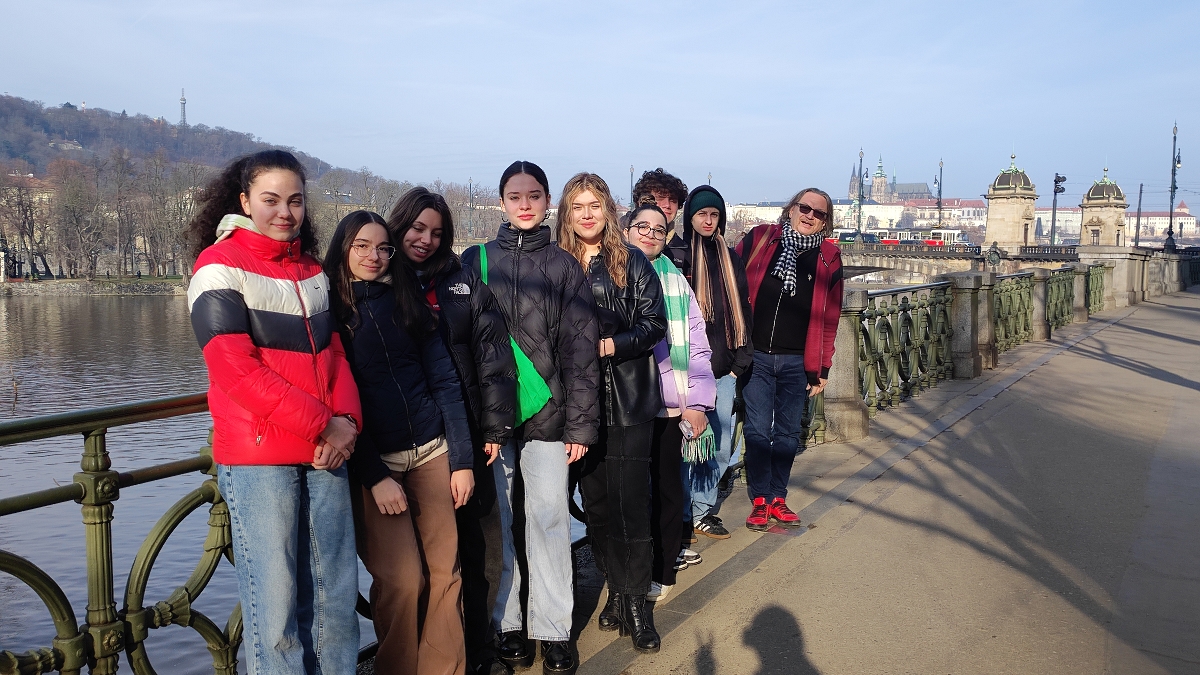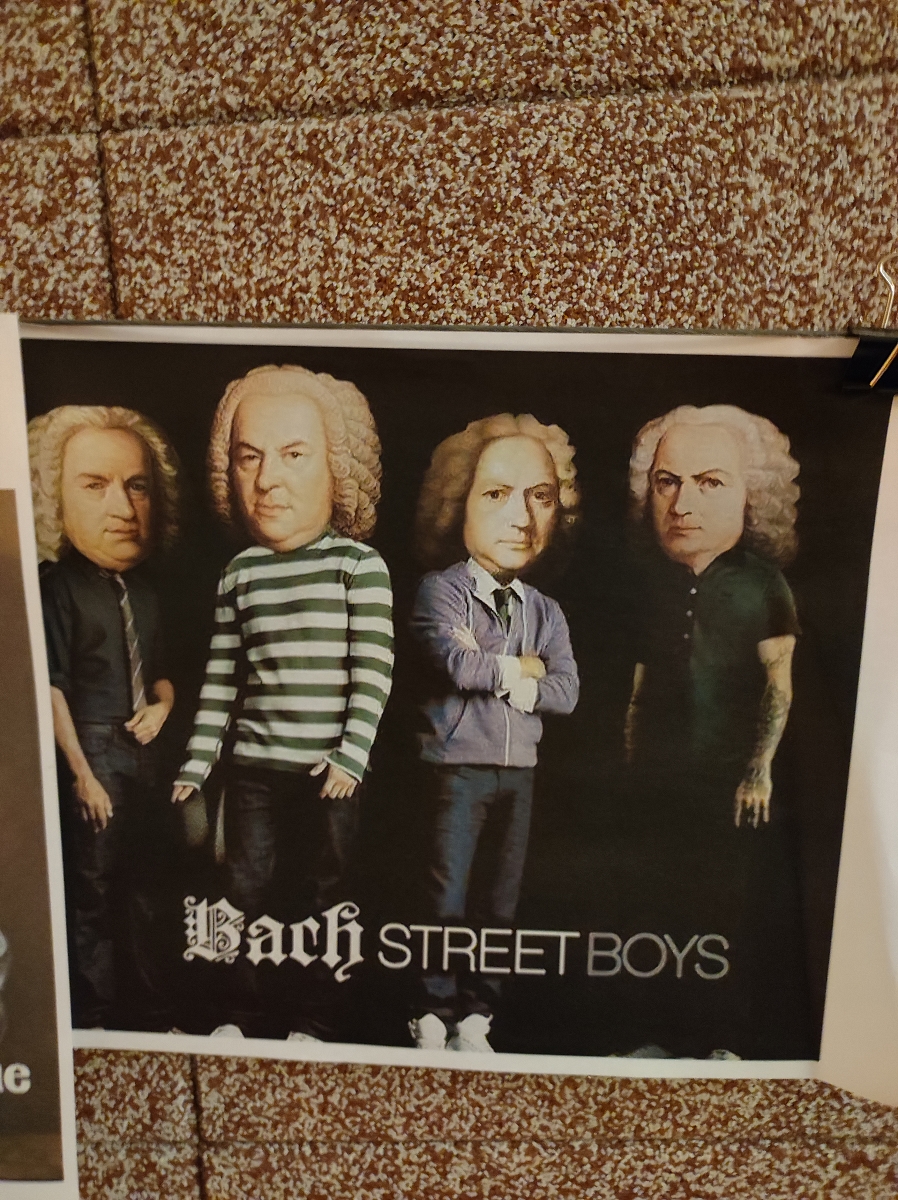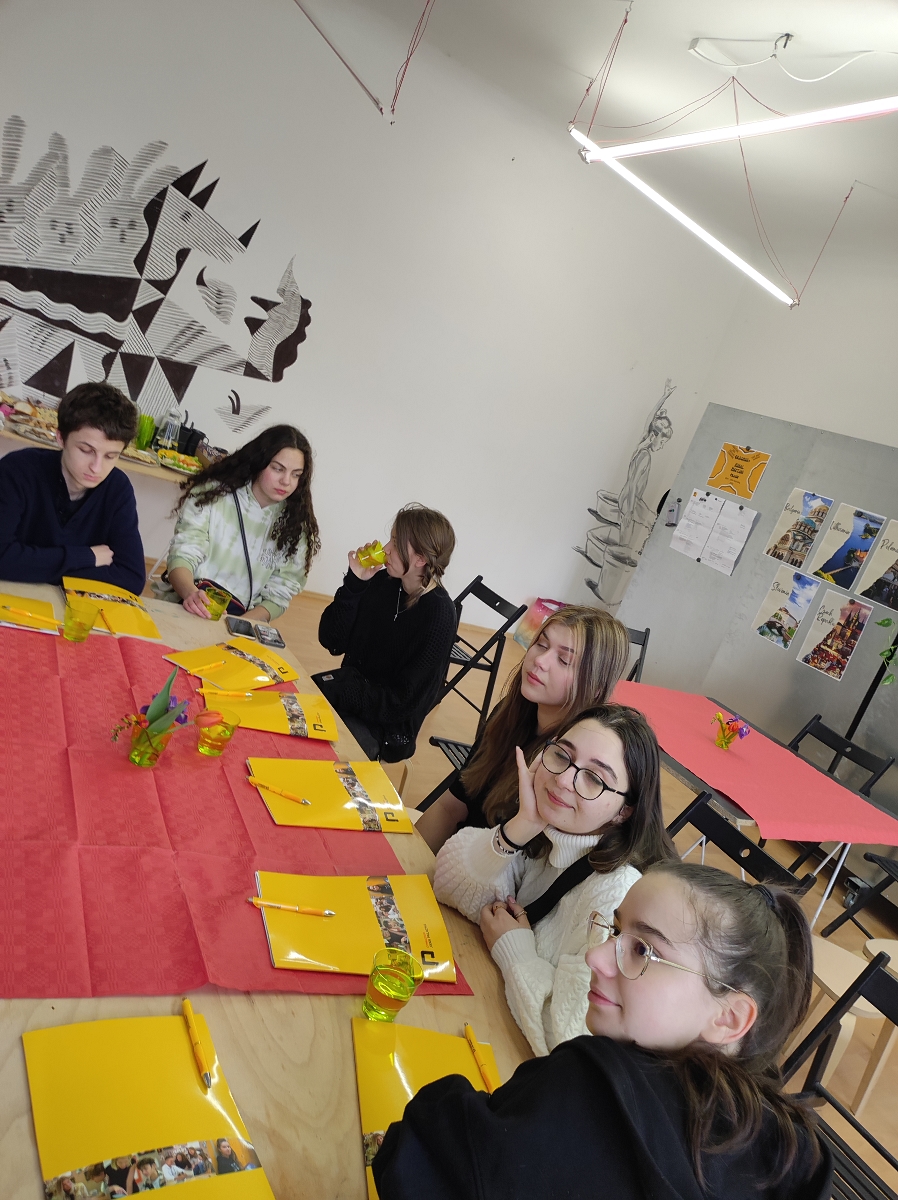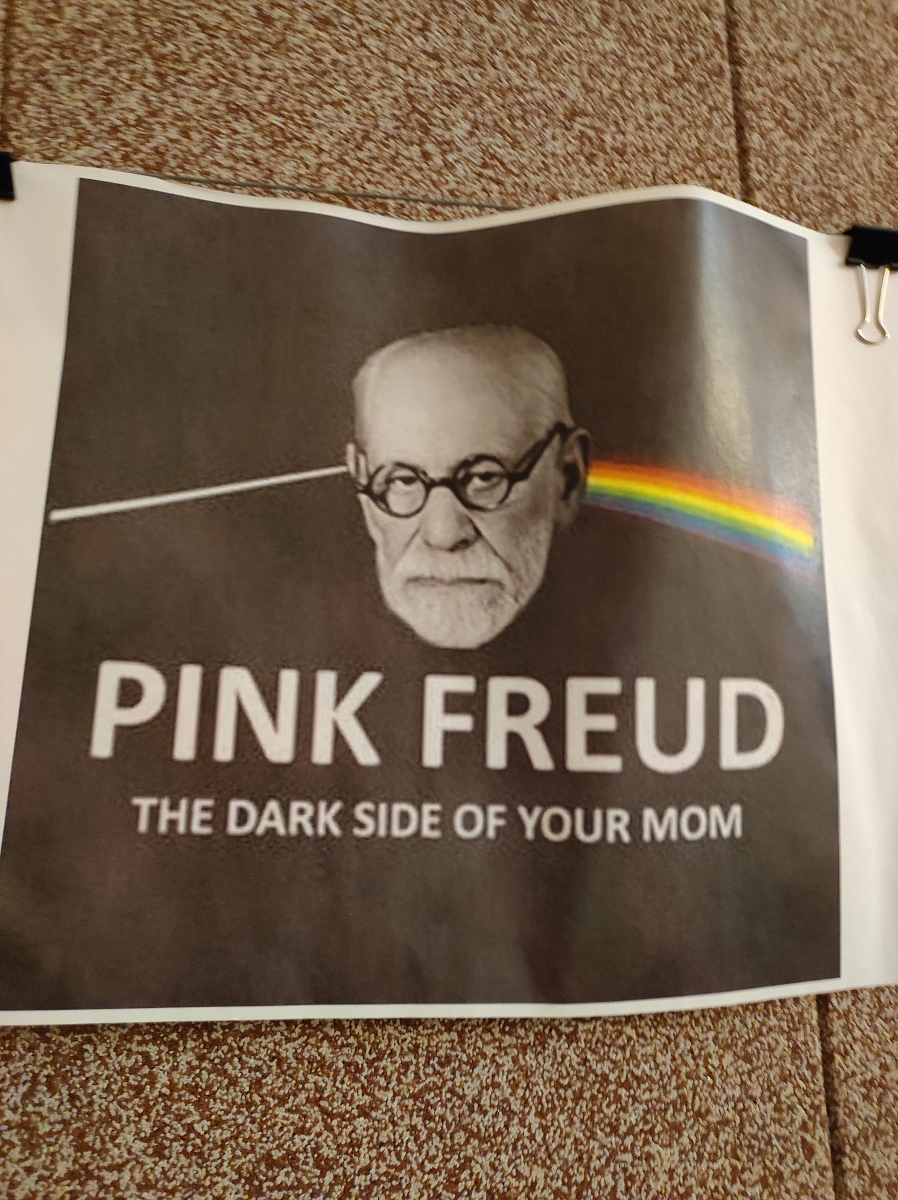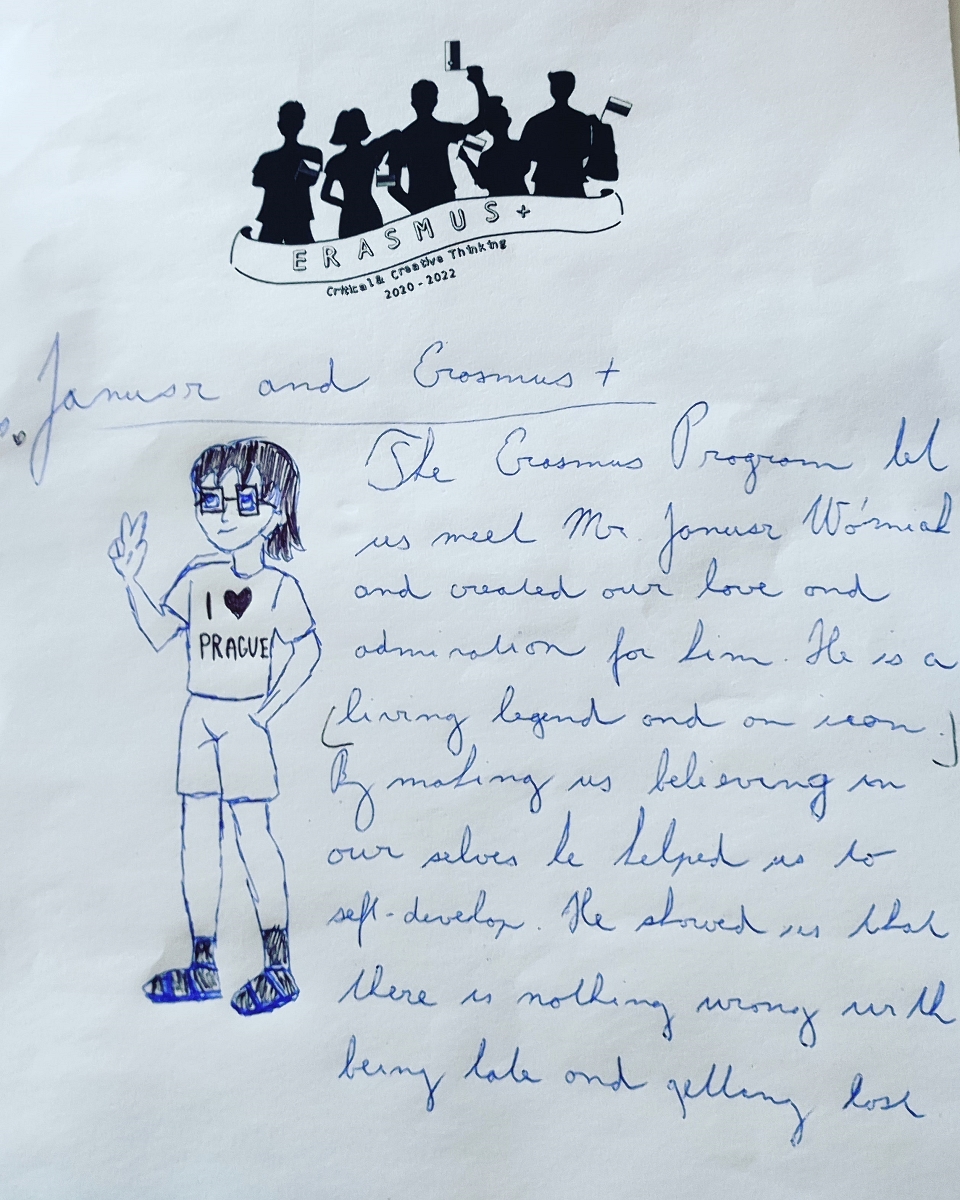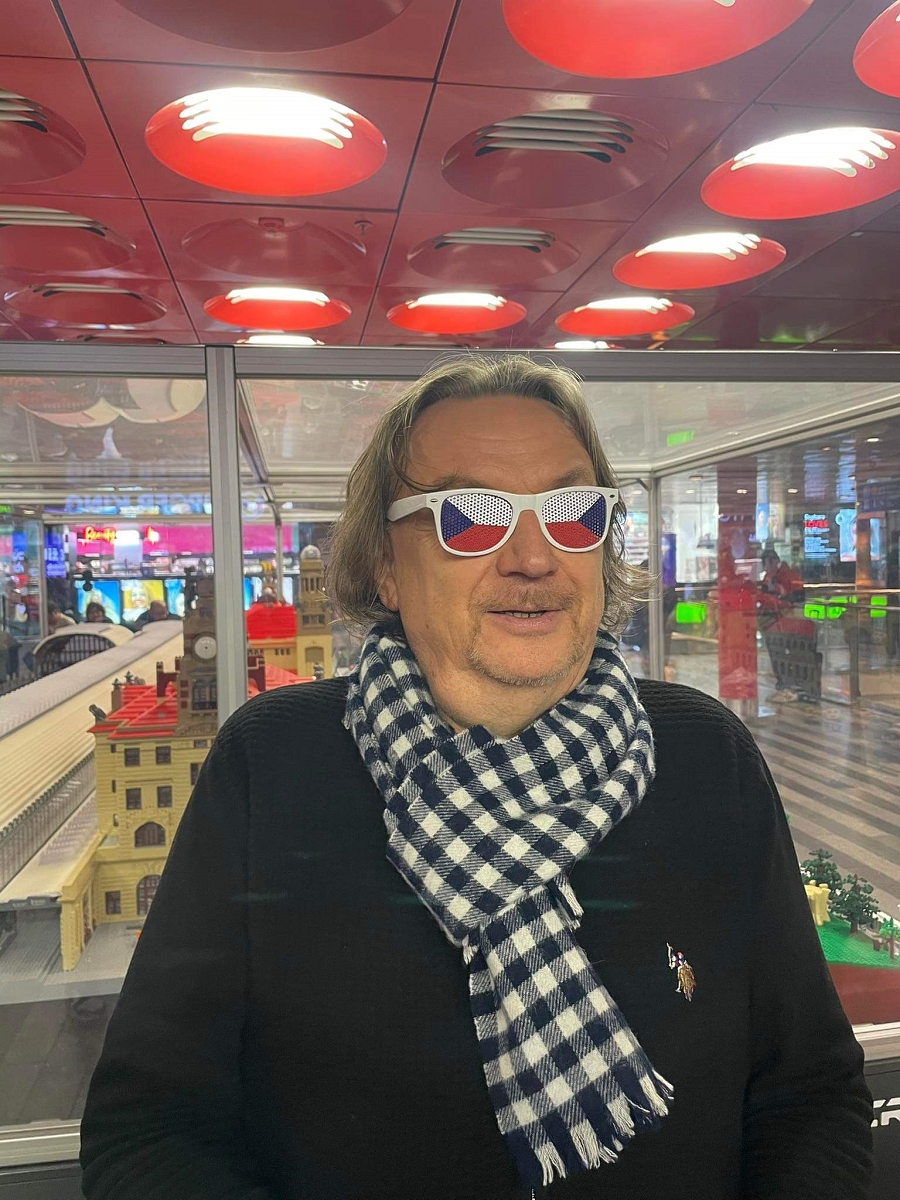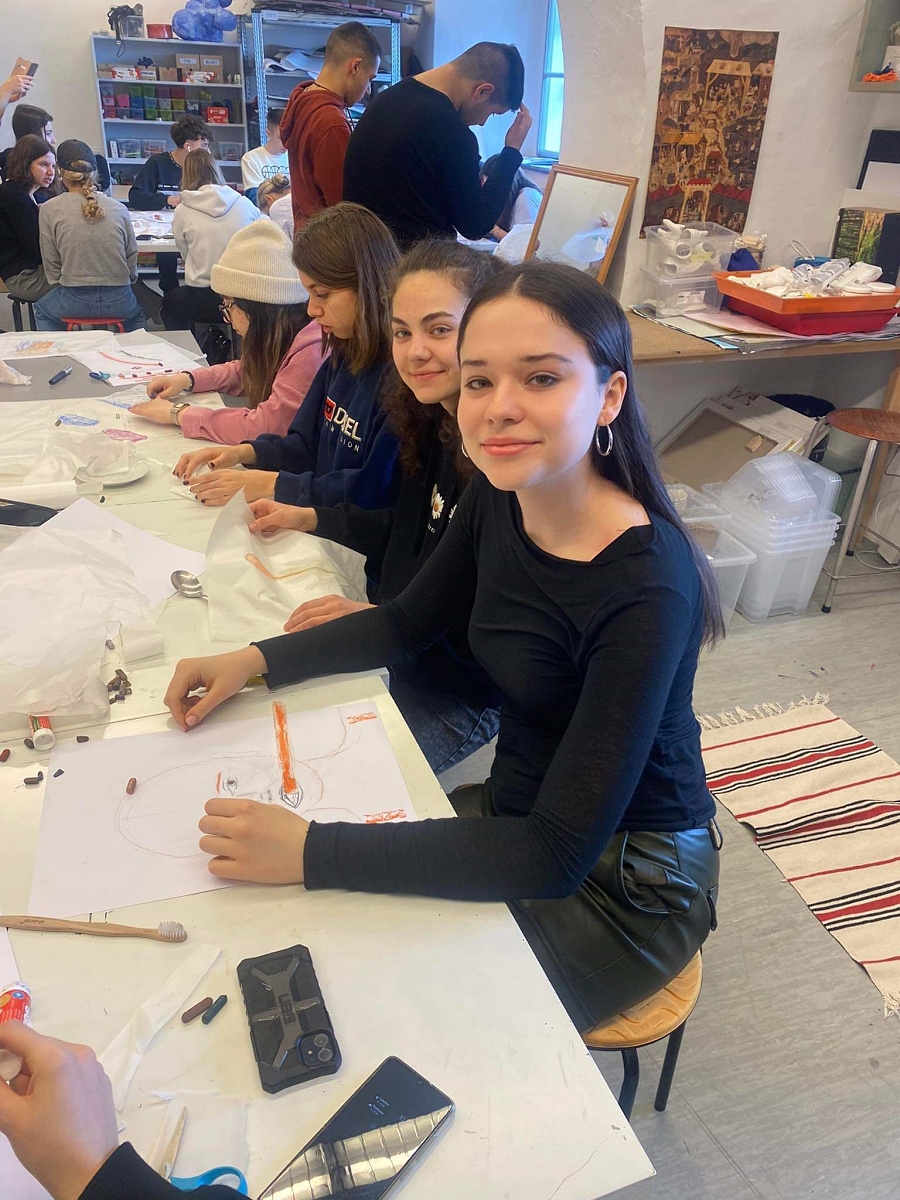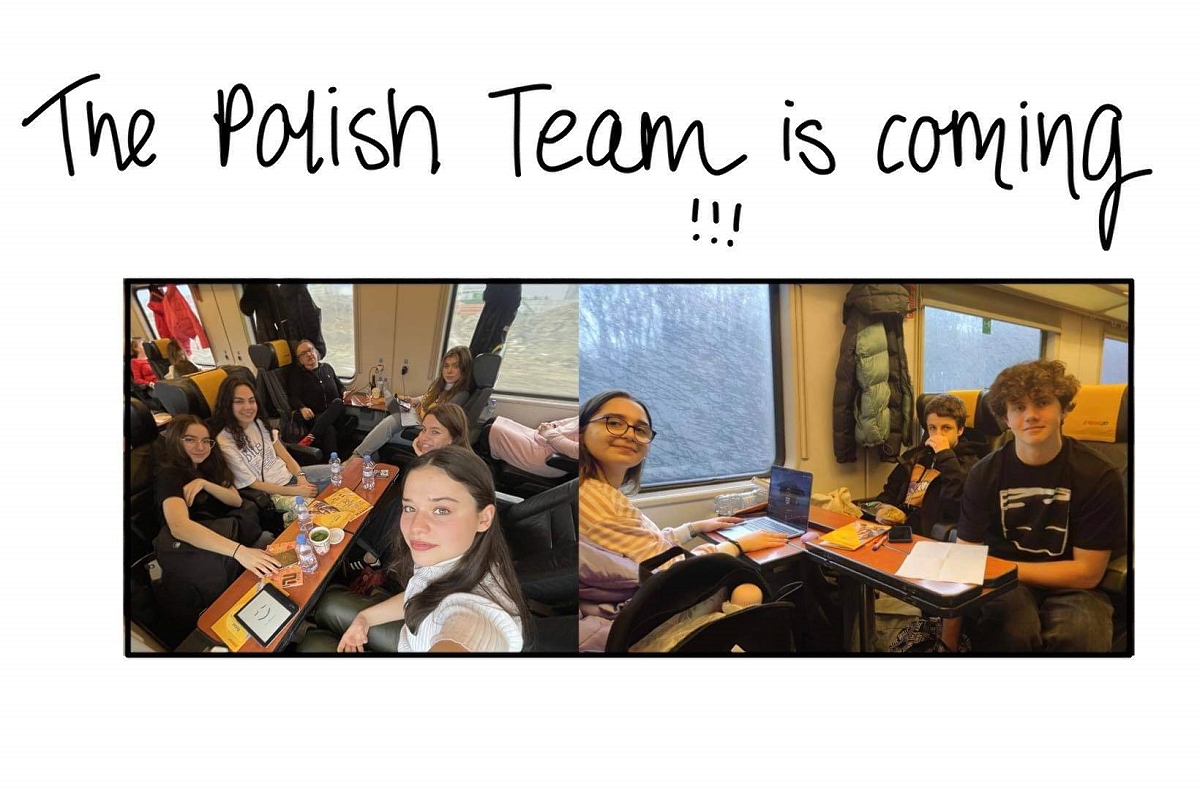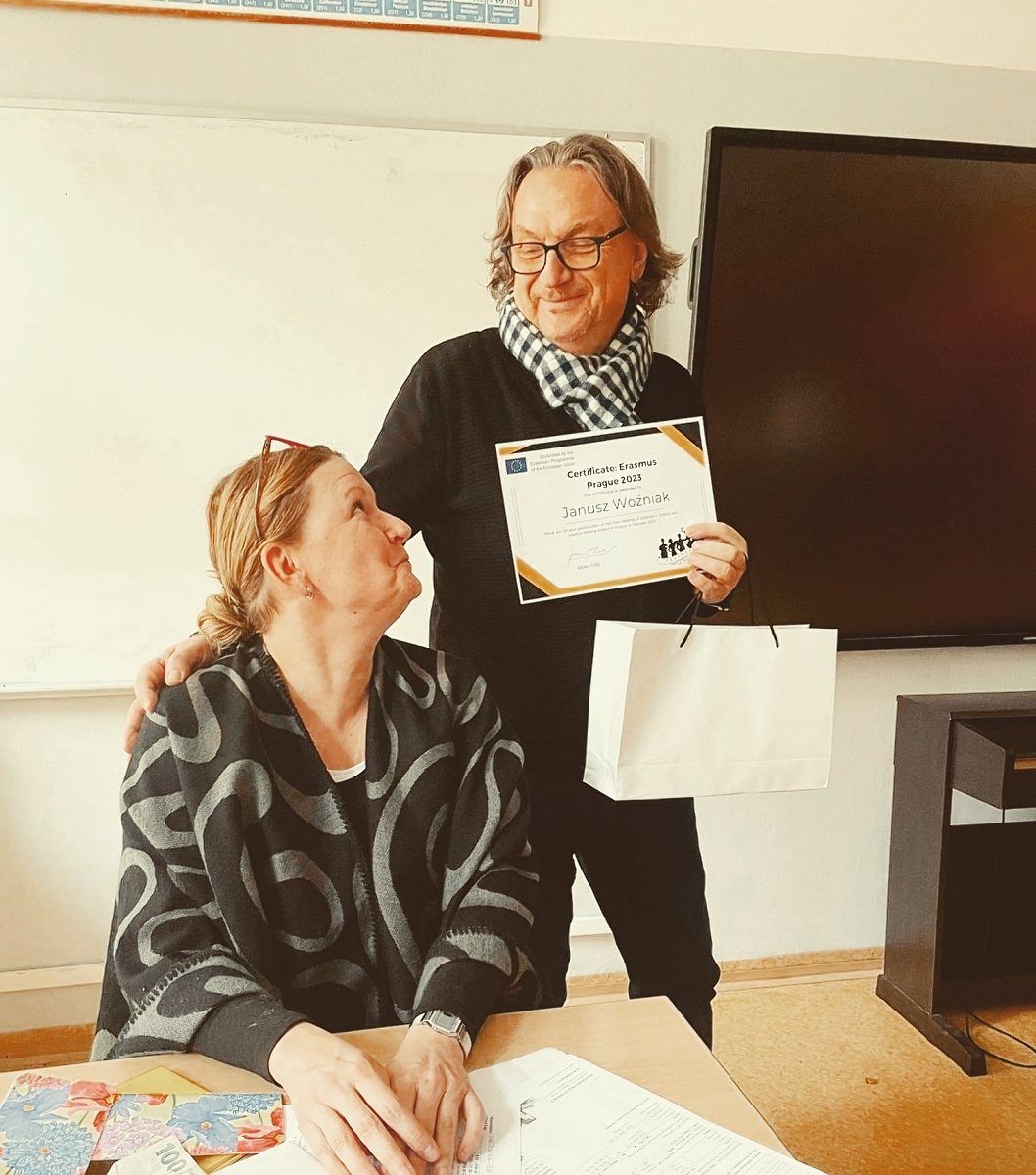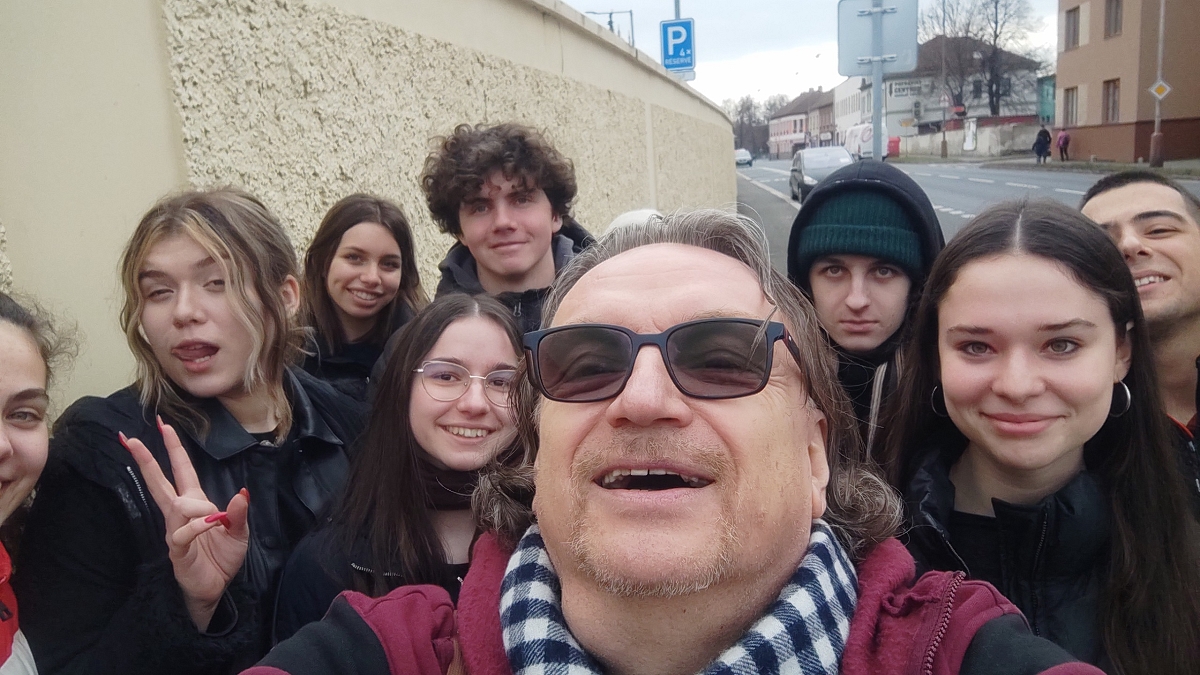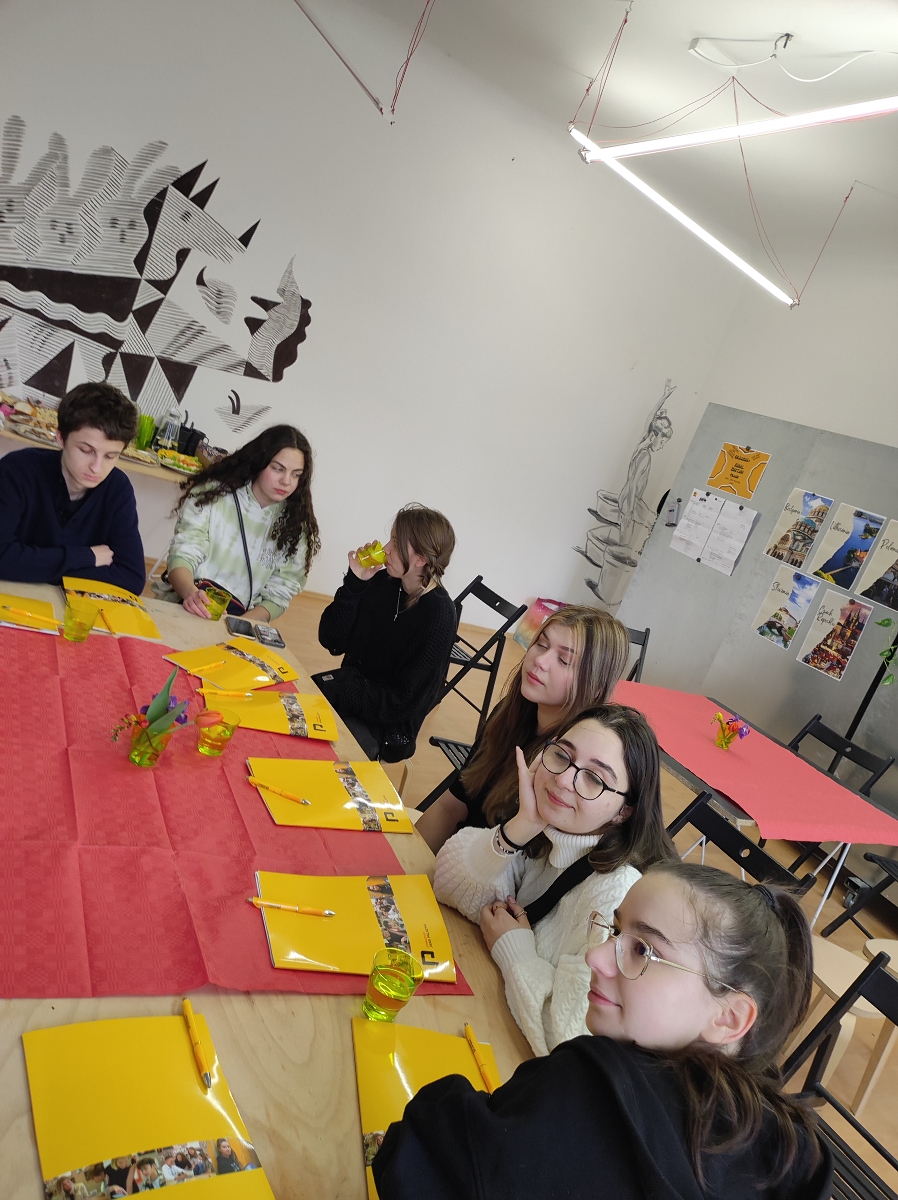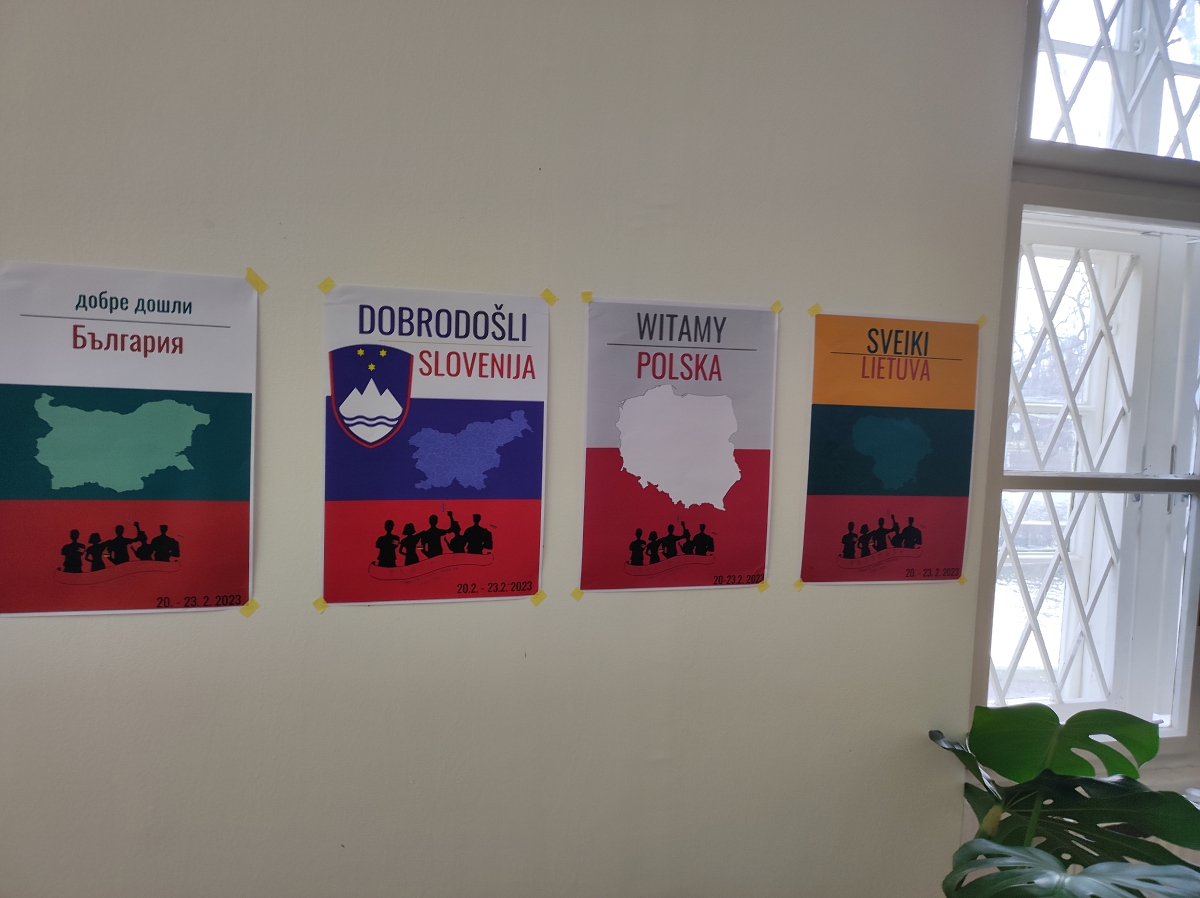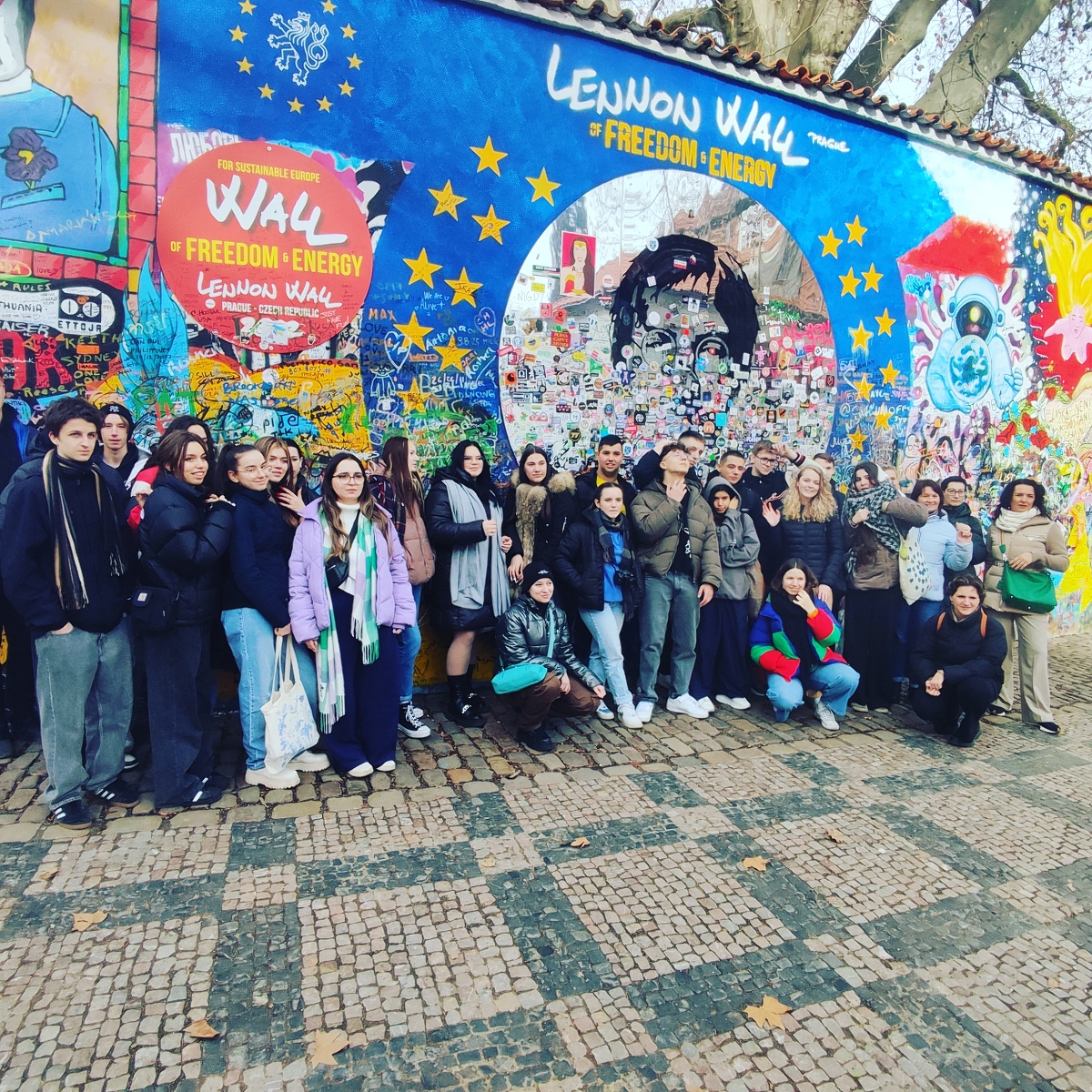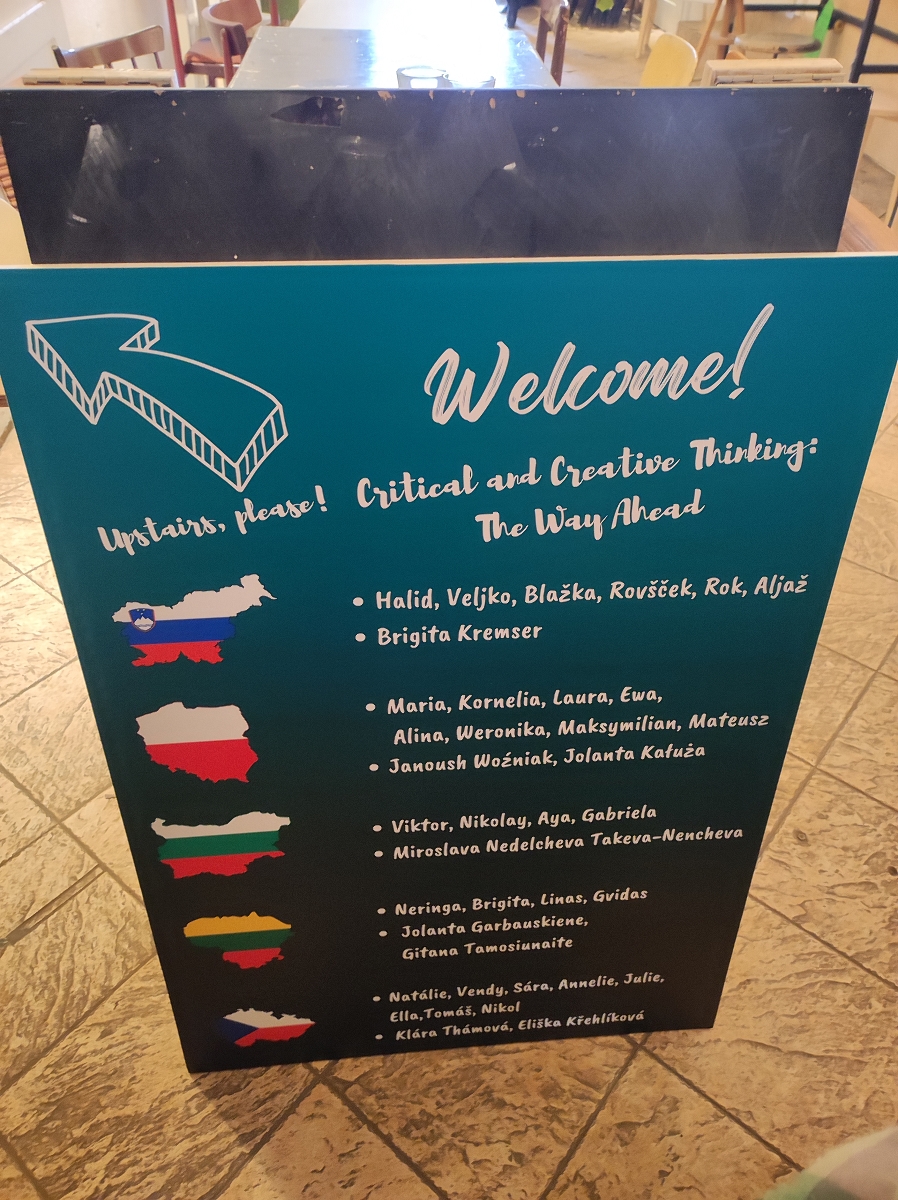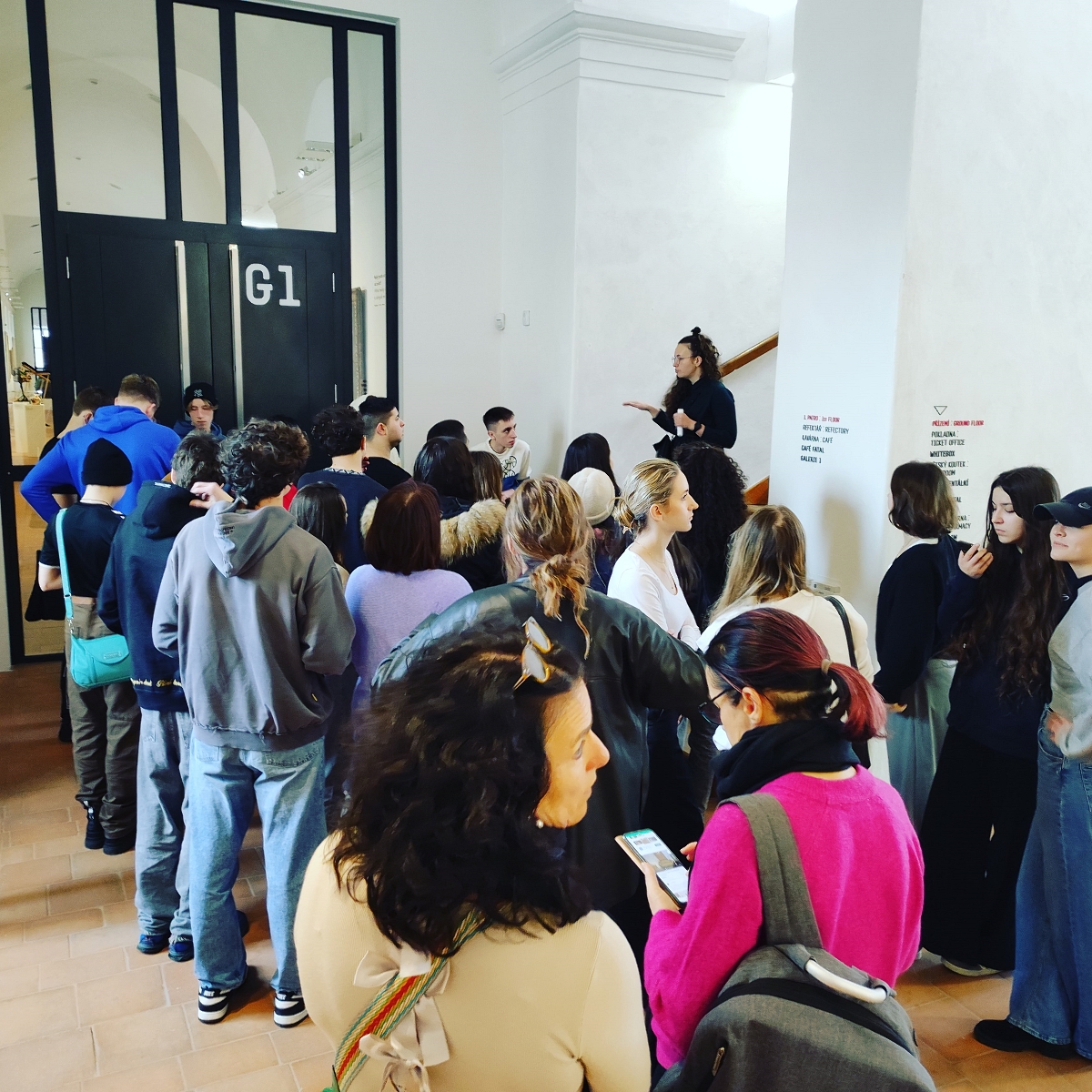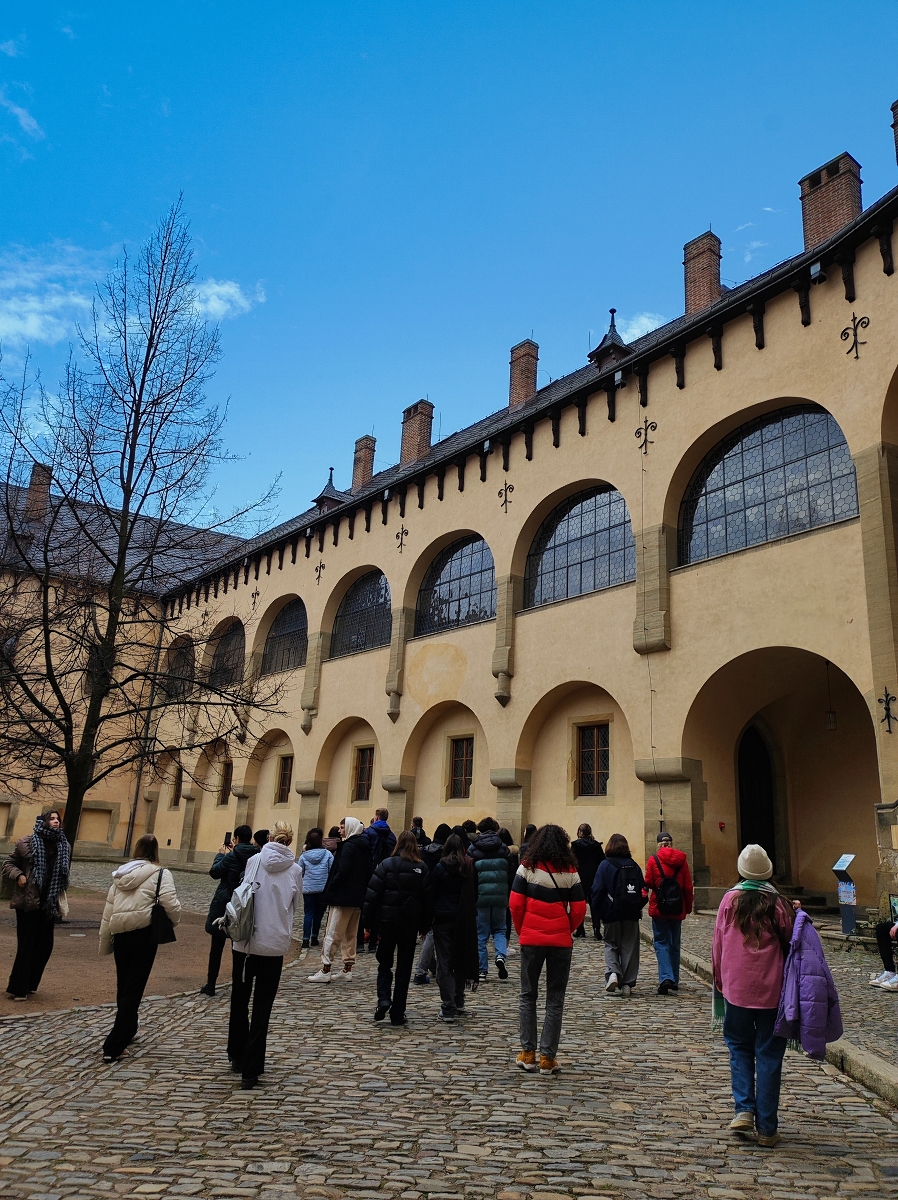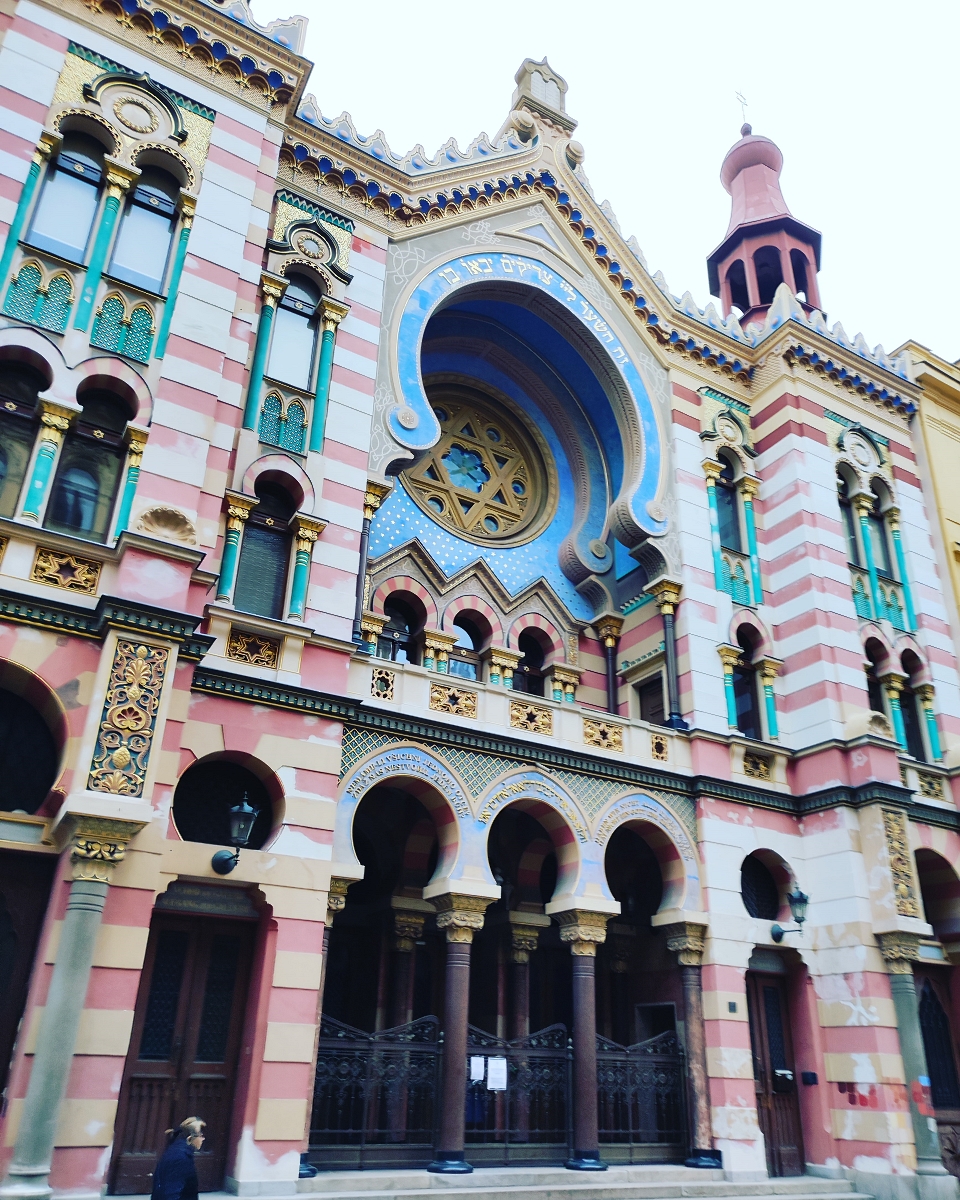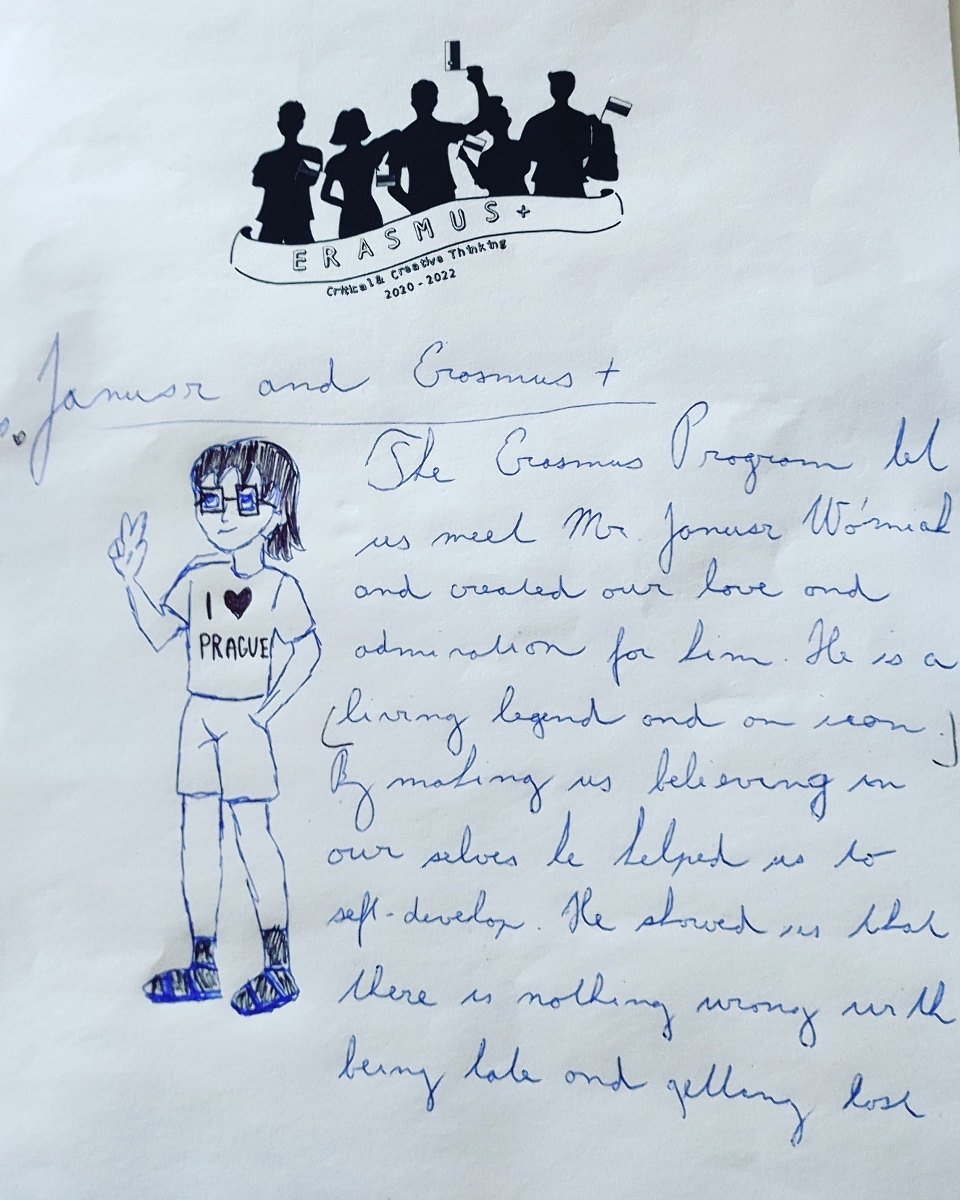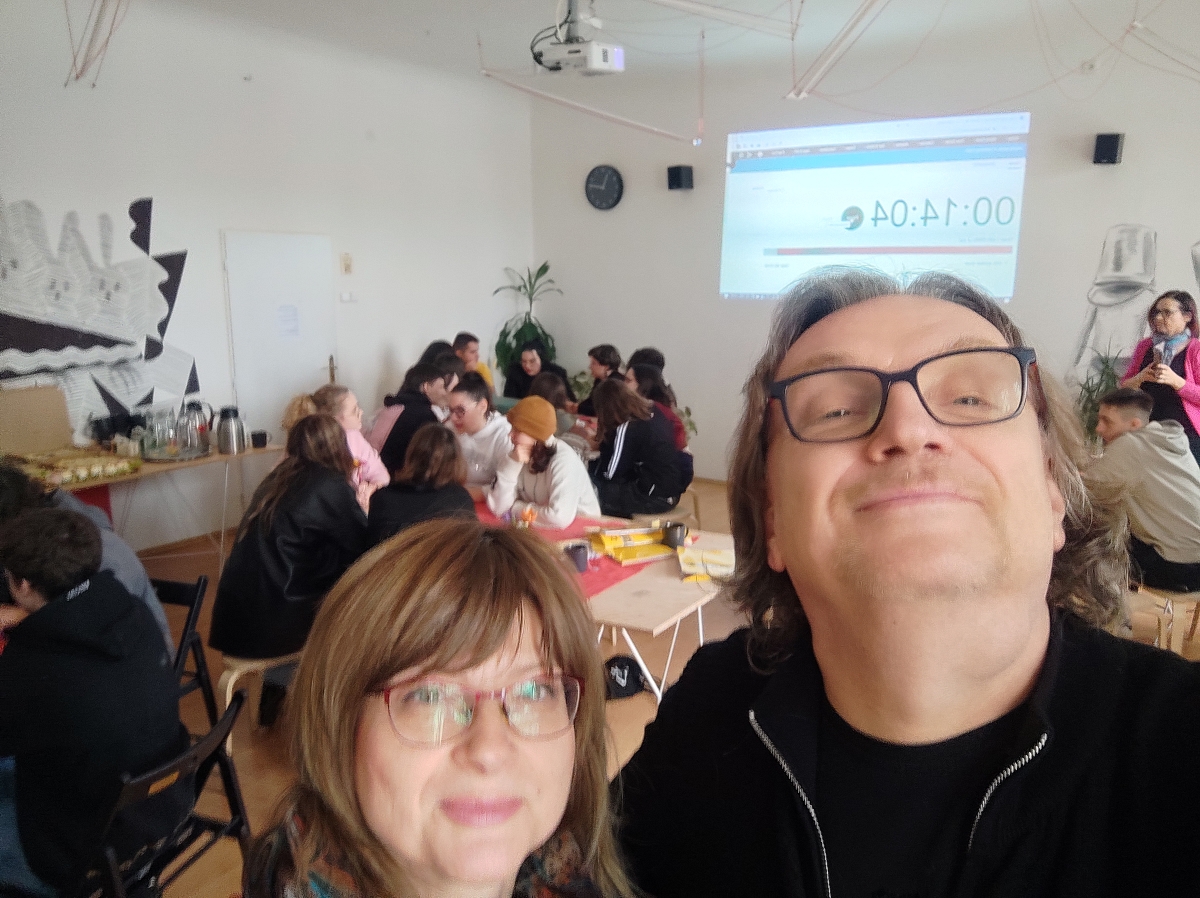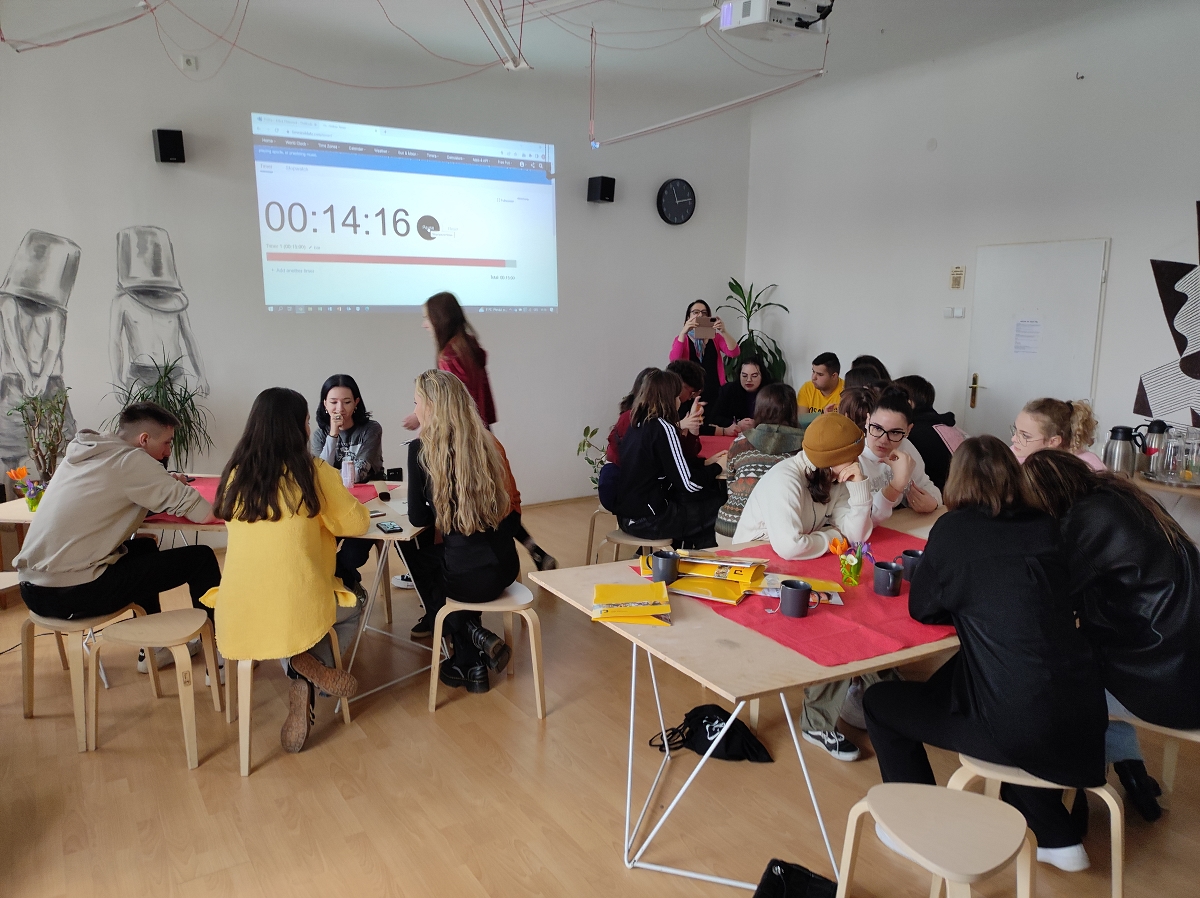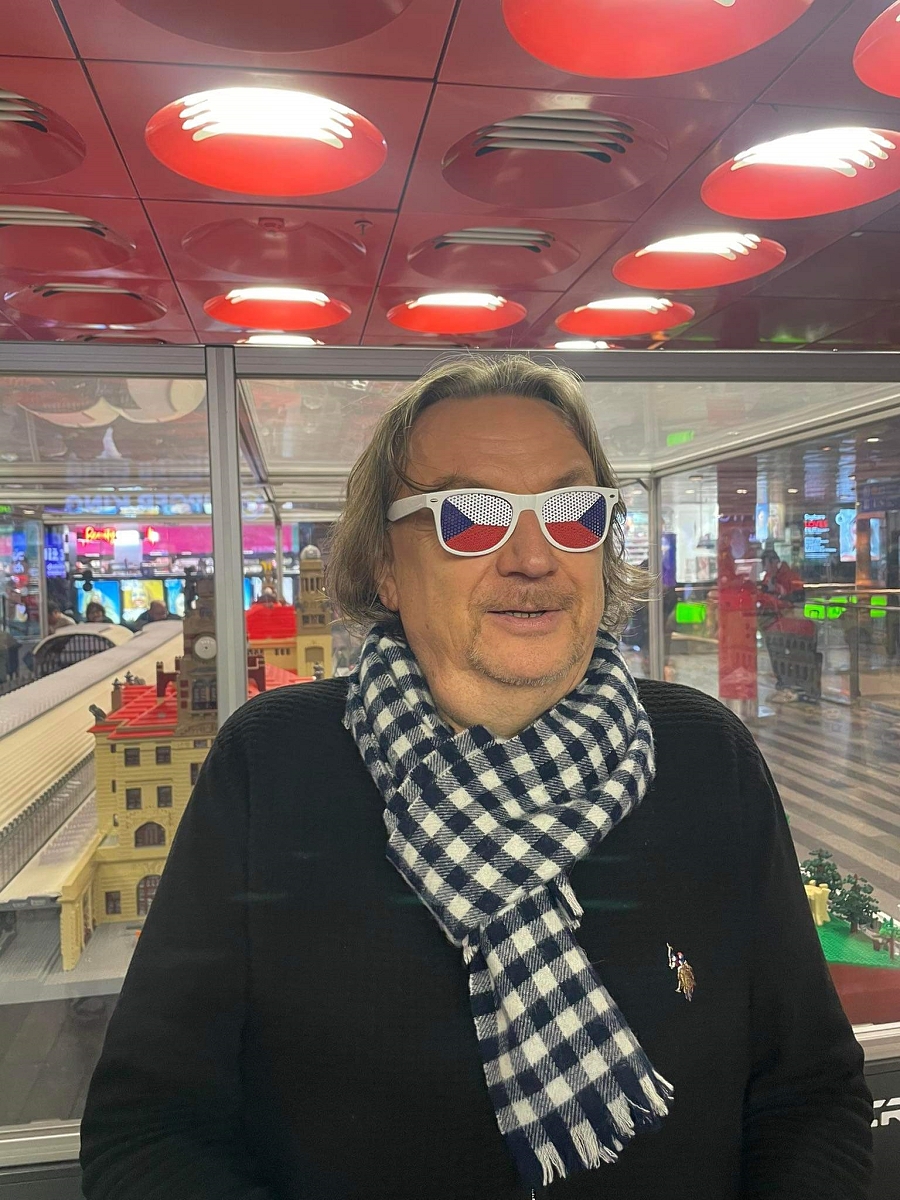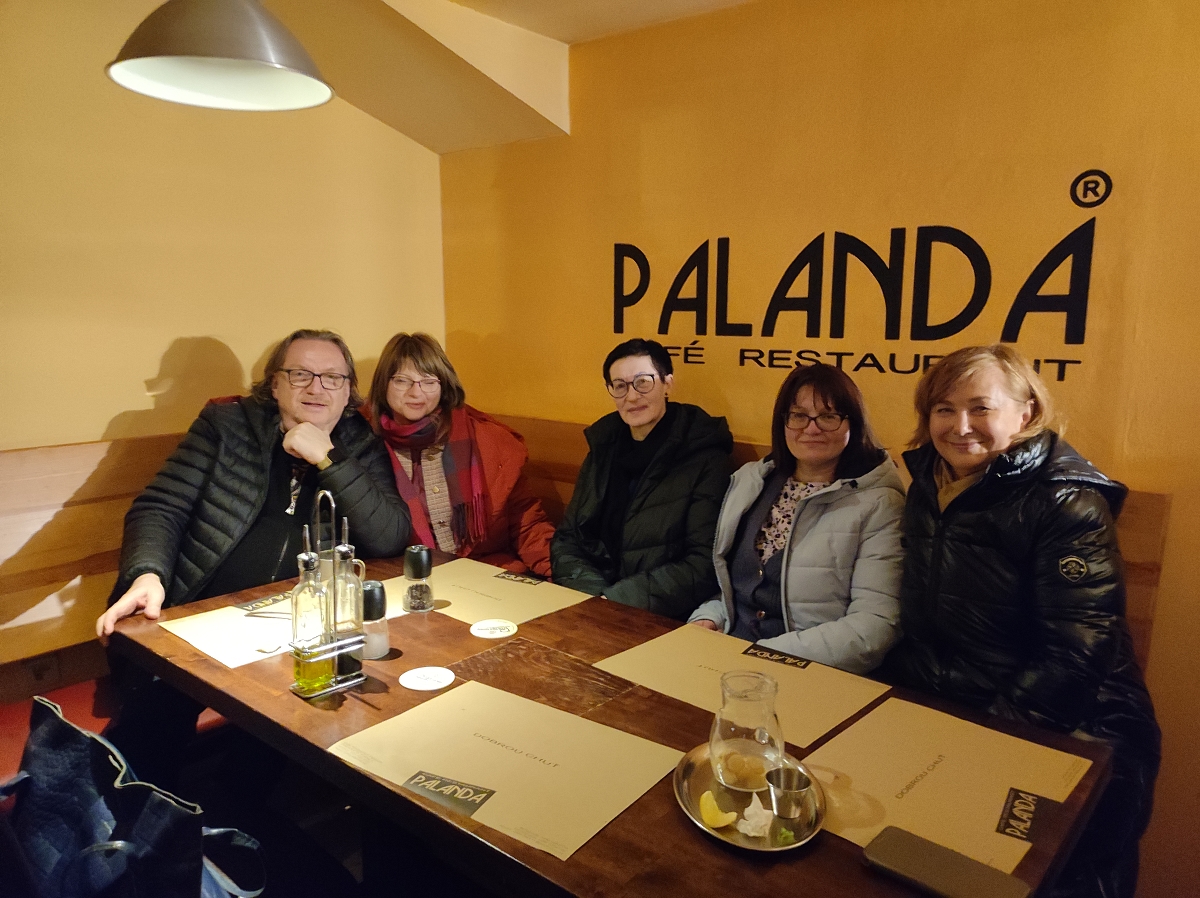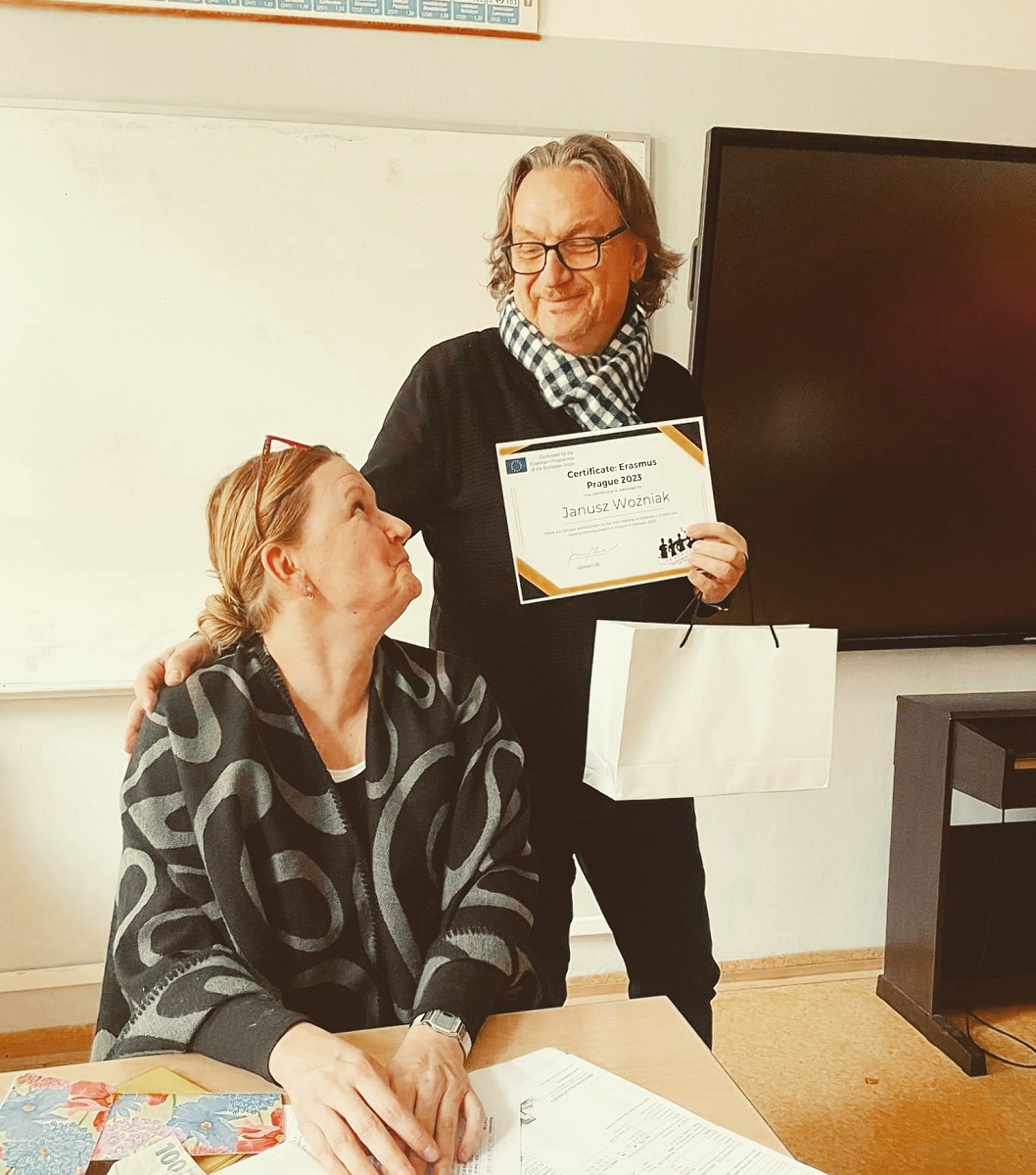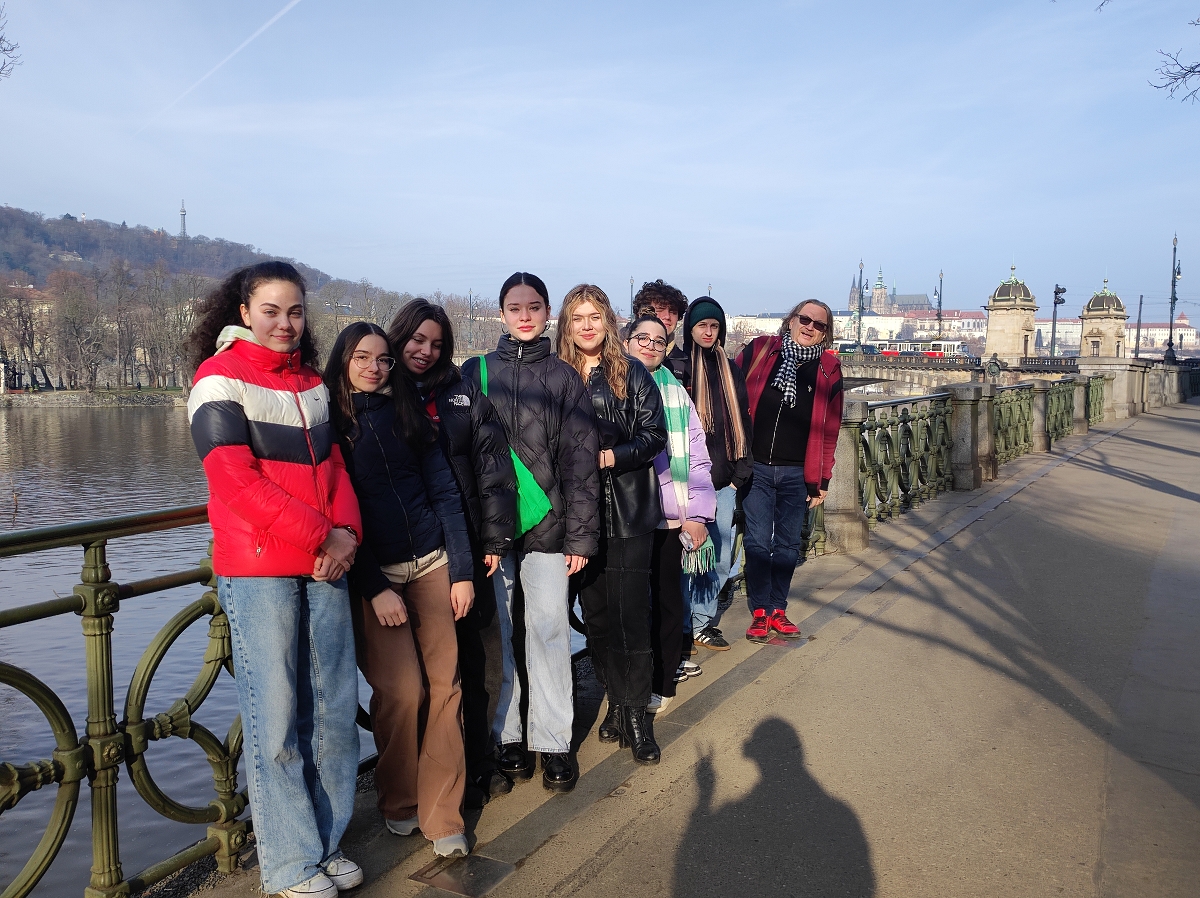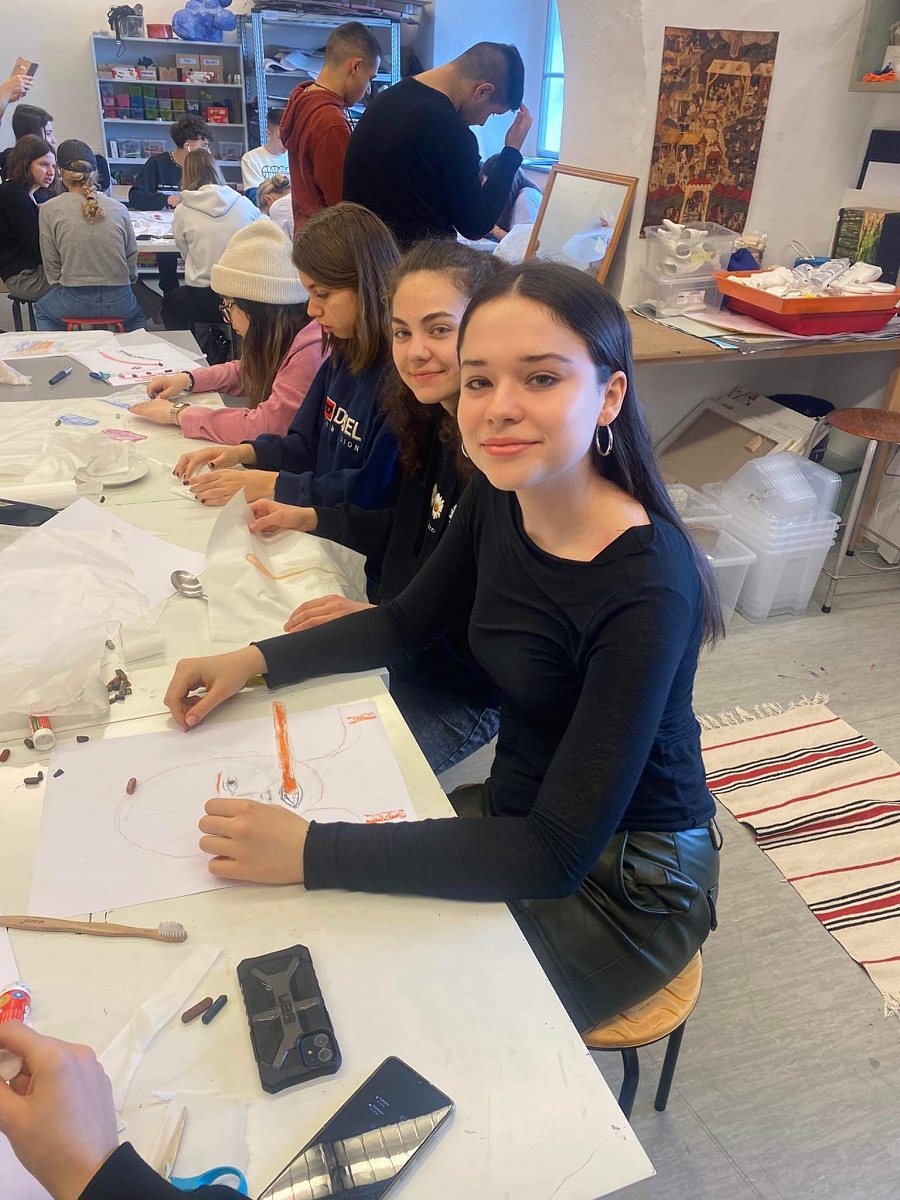Erasmus+ "Critical and Creative Thinking" Prague – Mobility Summary
Erasmus is an incredible project that gave so many great memories to each of its participants. Thanks to this opportunity, many people from different countries, with distinct interests and culture, met in the same places at the same time. Poland, Czech Republic, Slovenia, Lithuania and Bulgaria could create dozens of unforgettable moments and experiences together. Erasmus showed us how we are all capable of working together while also having fun. It contributed to us getting united to gain knowledge and broaden our horizons.
On our first day of Erasmus, the Czech team organised welcome activities and a presentation about the Czech Republic. The welcome activities took place in Skautský institut v Rybárně. We got to know eather other a little. Everybody said their name, age, which country they were from and a fun fact they already knew about Prague or the Czech Republic. Afterwards, the presentation provided us with the basic knowledge about Czech Republic. Overall, it was a great introduction.
On Monday, the hosts took us on a guided tour. They showed us the most important and interesting places in Prague such as: Lennon Wall, Prague Castle, Charles Bridge (Karlův most). Seeing Lennon Wall and considering the fact that everybody could sign or draw something on it was a fun experience. I liked Prague Castle the most because of the sculptures decorating the entrance gate to the Presidential Palace. The second thing that we were admiring while visiting the Castle was the astonishing view of the city. Then we went through the Charles Bridge near which I ate delicious pizza. Walking around Prague is different from walking around Katowice (the city where I live) mainly because our city is young and we don’t have many historic buildings. Old buildings, streets and bridges were what I liked the most about Prague. What we all noticed was how clean the sidewalks were. In Poland we have many cigarette stubs and generally much rubbish on the ground. The sight of the clean pavements made me throw everything into trash cans.
On our second day of the Erasmus, every single participant had to show a presentation about the Erasmus trip in their own country. It was great to remember all the things we did in the past two years. We were all grateful that we had been able to experience so many different things which had truly broadened our horizons. Afterwards, we were divided into different groups, where we had to summarise what the quintessence of the Erasmus was for us on a newspaper front page. We had to be creative. Some groups wrote about their individual experiences, others about their favourite teacher who they met during Erasmus.
When we arrived at the Jan Palacha Highschool, we were cordially welcomed by the school's principal. Afterwards, our "Debate" Workshop, organised by Mr. John Walley, began. This project encouraged us to work in international teams to develop a better understanding of each other and break language barriers. We were practicing debating to develop logical, critical and creative thinking. Most importantly, we learned how to support our arguments more effectively. On the other hand, we all also had to act as the jury and were obliged to present constructive feedback. In our opinion, this project was especially beneficial because every single person had to fully participate in this project.
On Wednesday, which was our third day on Erasmus+, we went to a town called Kutná Hora. We took a train and about an hour later we were in that beautiful place. The Czech students and Mrs. Barbora Padilla organised a guided tour around the place and prepared some historical facts about different monuments. After lunch, our whole group went to a chapel of craniums called "Sedlec Ossuary”. Taking pictures was not allowed. The whole display was touching but at the same time extremely fascinating, as most of us never had an opportunity to see an exhibition like that.
We went to an art museum called Central Bohemian Gallery "GASK”. One of the many creative tasks we were asked to do was picking a card with an emotion written on it. Next, we were supposed to analyse and match it with pictures of people experiencing distinctive feelings. This task was beneficial as it helped us to learn how to analyse and understand the emotions present in a piece of an arbitrary art. While heading to the room of the Creative Workshop, we had some time to admire the unique artworks. After all the Erasmus teams arrived in the room, Ms. Adriana Šimotová depicted people and the human body in her work. We were presented distinctive techniques such as crumpling, cutting and layering paper and other textiles to make art. We captured our daily activities using the techniques described above. In the end of the workshop, we presented our art to other students.
Thursday was our final day of the Erasmus+ Programme “Critical and Creative Thinking”. In the morning we had a chance to be a part of the Creative Thinking Workshop concerning the role of children in propaganda. First, with the help of Ms. Lucie Tutrová, we learned the basics of different manipulation methods, such as fake news, conspiracy theories, misinformation, disinformation, and propaganda. We were divided into multinational teams, each team given a different manipulation type. Our task was to learn as much as we could on the given topic, and later on, in mixed groups, we had to be able to explain the general concept to the rest of our group. After that, we were given a piece of manipulation type, for example, a newspaper article, and we had to analyse the text stating which type of manipulation device it was. I believe this exercise was very useful as we learned how to distinguish between different manipulation types and how they are used in real life. The second part of the morning workshop was a lecture given by Mr. Jan Kubíček on the role of propaganda in modern Russia. We got to see two short propaganda videos and analyse them in small groups. This workshop gave us a new perspective on how easily children can become a manipulation tool in propaganda.
The second meeting of the fourth day was organised in one of the classrooms of the school. The Czech students prepared a final summary presentation which gave all participants the chance to recall the activities that took place in different countries during the Erasmus+ Project. During this presentation, all of us were able to think about those activities. Having the time to reflect about the workshops was a great moment to realise how we and our environment benefited from them, what they changed in our way of thinking and the way we perceive everything surrounding us.
"Critical Incidents" was the name of the workshop organised by Mr. Janusz Woźniak. A critical incident is an event out of the range of normal experience. Our task was to write a short paragraph about one thing the surprised us in Prague and that doesn't exist in our city or country. Everybody had the chance to think about the workshop and the differences between our countries. This task was an opportunity to stop for a moment and think about the cultural differences that we were not aware of before the Erasmus. In my opinion, this meeting was a great chance for everybody to recall the whole Erasmus+ Project, not only the workshops, but also the city of Prague.
BACK

